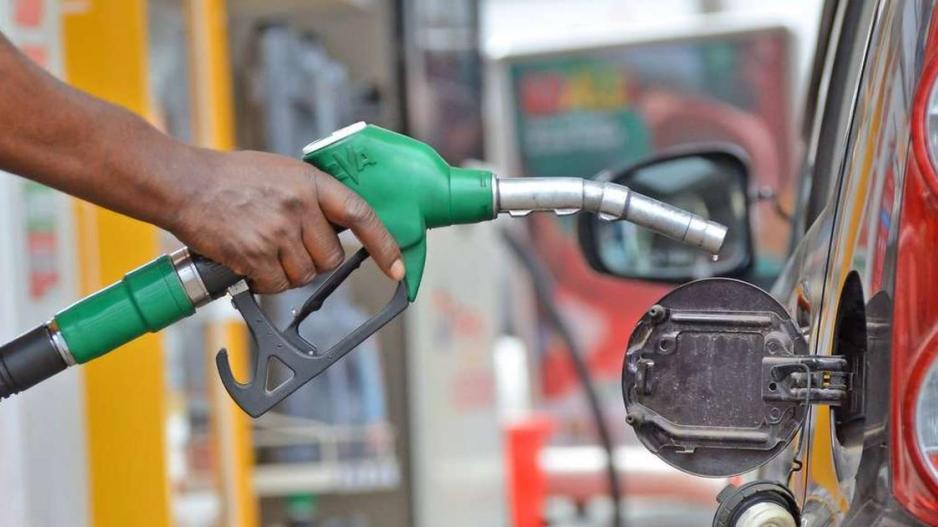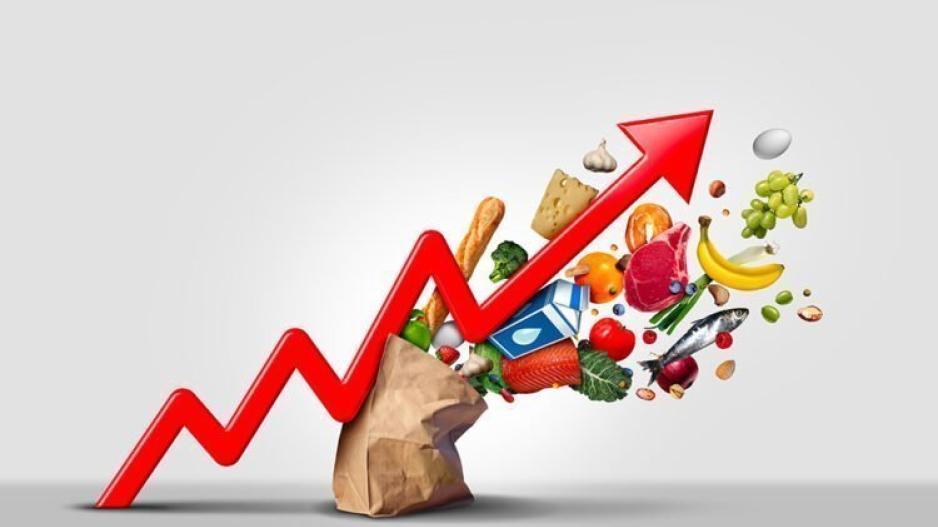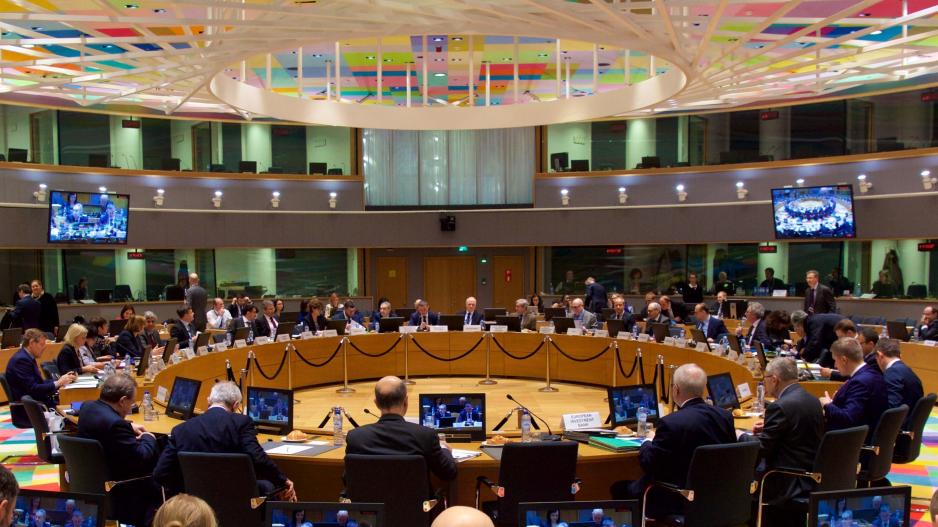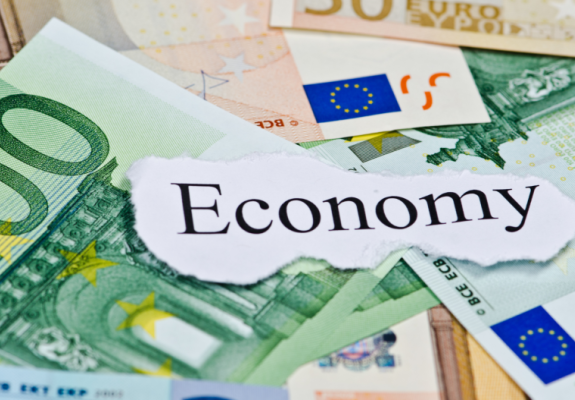Cyprus' Promising Economic Outlook And the Looming Decision on the Fuel Price
During the Eurogroup meeting in Luxembourg, Minister of Finance Makis Keravnos emphasized that the Cypriot government's key policy objective is to ensure macroeconomic stability, facilitating growth and job creation. The European Commission, the International Monetary Fund, and the European Stability Mechanism have all positively assessed the current state of the Cypriot economy and its future prospects, despite Cyprus’ macroeconomic challenges.
These institutions confirmed that the Cypriot economy's growth rate is three times higher than the euro area average, indicating a significant reduction in inflation and a surplus fiscal balance. Keravnos welcomed the 14th Post-Program Surveillance Report for Cyprus, which accurately reflects the current economic conditions in the country.
Discussing the labor market, Keravnos highlighted that the unemployment rate decreased in 2022 compared to the previous year and is expected to continue declining in the coming years due to steady economic growth. He also projected further reduction in public debt by the end of 2023 and beyond, supported by the Gross National Product's growth and primary surpluses.
Turning to the banking sector, the Finance Minister informed his counterparts about the collective effort by stakeholders to mitigate risks, resulting in substantial progress. Notably, non-performing loans (NPLs) in the banking sector have been reduced by over 100% of the GDP, meeting the objectives set by the Recovery and Resilience Plan.
Keravnos highlighted the existence of a comprehensive legal framework for loan restructuring, which has yielded significant results. Furthermore, he expressed the government's intention to strengthen this framework in the near future through complementary plans.

"The fuel prices have experienced a significant decrease, prompting us to carefully consider the issue before reaching any decisions in the coming days," Minister of Finance Makis Keravnos stated to the Cyprus News Agency. He emphasized that these measures should be taken temporarily.
The period of reduced consumption tax on fuel is set to expire on June 30, and there have been proposals from various parties to extend the measure beyond this date.
"We have witnessed a significant decrease in fuel prices, prompting us to thoroughly examine the matter," the Minister highlighted. He further added that temporary measures should not become permanent, as they do not generally benefit our economy or the fiscal balance.
"We will make our final decisions in the next few days," he affirmed. Additionally, the Minister of Finance underscored the importance of the Government's ability to respond to economic changes, should the circumstances warrant it.
Moreover, speaking from Luxembourg, where he attended the meeting of the Economic and Financial Affairs Council (Ecofin) of the EU, Keravnos announced his upcoming meeting with EU Commissioner for Economic Affairs, Paolo Gentiloni. The objective of the meeting is to seek support for the recently approved legislation by the Parliament concerning the imposition of Value Added Tax (VAT) on the construction and acquisition of primary residences.

Meanwhile, according to recent data released by Eurostat, the annual inflation rates for May 2023 were 3.6% in Cyprus, 6.1% in the eurozone, and 7.1% in the EU. These figures represent a decline compared to April's rates of 3.9% in Cyprus, 7.0% in the eurozone, and 8.1% in the EU.
Among the member states, Luxembourg (2.0%), Belgium (2.7%), Denmark, and Spain (both 2.9%) had the lowest annual rates, while Hungary (21.9%), Poland, and the Czech Republic (both 12.5%) recorded the highest annual rates.
In terms of monthly changes, annual inflation decreased in twenty-six member states and increased in one. In May, the main contributors to the annual inflation rate in the euro area were food, alcohol, and tobacco (+2.54 percentage points), followed by services (+2.15 pp), and non-energy industrial goods (+1.51 pp).
In addition, hourly labor costs in Cyprus increased by 5.0% in the first quarter of 2023 compared to the same quarter of the previous year. In the eurozone and the EU, the increase was also 5.0% and 5.3% respectively.
When we look at the two main components of labor costs, namely wages and salaries, and non-wage costs, there are different trends. In Cyprus, wages and salaries per hour worked increased by 5.2%, while the non-wage component rose by 4.3% in the first quarter of 2023 compared to the same quarter of the previous year. In the eurozone, wages and salaries increased by 4.6%, while the non-wage component rose by 6.2% during the same period. In the EU, hourly wages and salaries increased by 5.0% and the non-wage component by 6.1%.
Breaking it down by economic activity, in Cyprus, hourly labor costs grew by 5.2% in the mainly non-business economy and by 5.1% in the business economy. Specifically, there was a 5.1% increase in industry, 5.2% in construction, and 4.2% in services.






